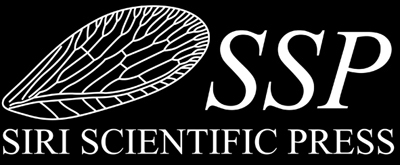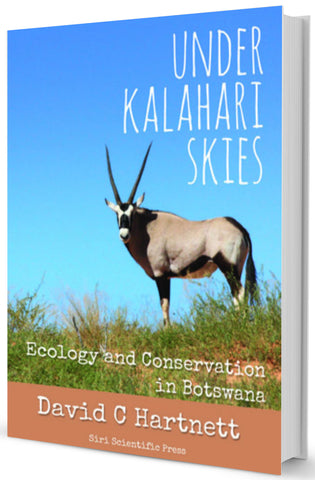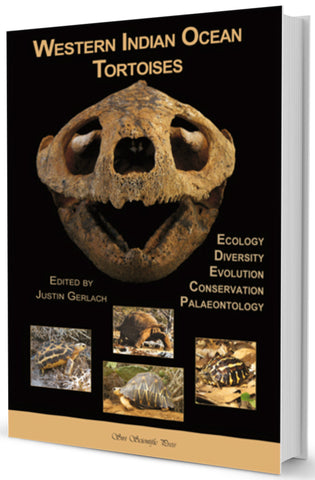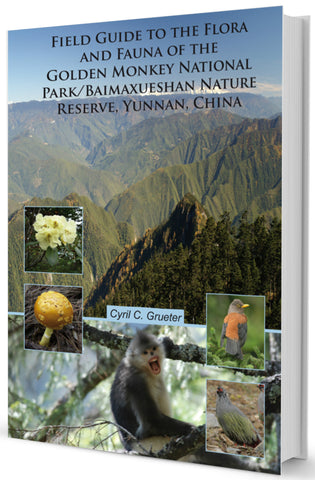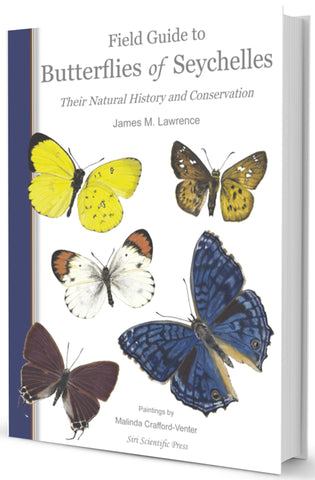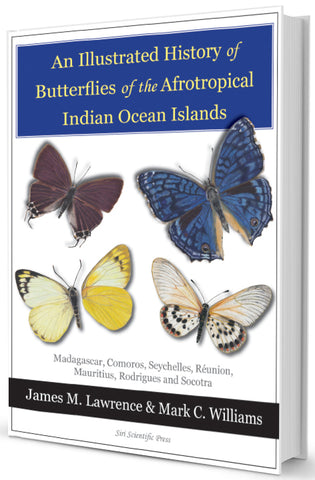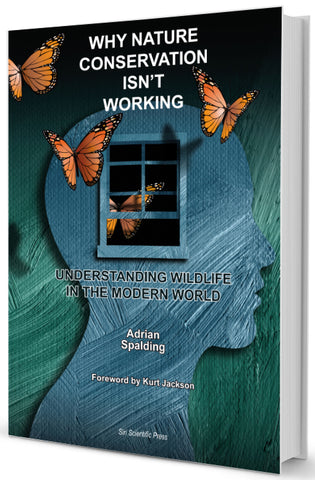
Why Nature Conservation Isn't Working: Understanding Wildlife in the Modern World
by Adrian Spalding
Foreword by Kurt Jackson
Siri Scientific Press (2021, 31 July) 978-1-8381528-4-0, RRP £14.99
160 pp, 240 x 165 mm, soft cover
IN STOCK - Ships Within 24 Hours
Synopsis: Species are central to nature conservation, but we see wildlife as adjuncts to people without connection with their authentic habitats. With this limited view, we cannot save wildlife from extinction. Concentration on iconic species achieves brilliant publicity but looks after the icing whilst the cake crumbles beneath.
Reviews
Royal Entomological Society (2022): Spalding’s contention is that nature conservation is failing because we view wildlife in fundamentally the wrong way. The author’s central argument in this book is that conservationists have gone too far down the road of regarding wild species as primarily for the benefit of humans, providing various ecosystem services: viewing them as extensions of ourselves in the same way as we regard our pets. He caricatures the species that are appropriated in this way as McDonald’s species, cut off from their habitat context and having to fit around the unnatural environment we have created. Instead, he argues that we should show more respect for their unique evolutionary history and innate wildness. ... Having run his own environmental consultancy for over twenty years, he brings a wealth of experience of how nature conservation actually works in the real world. He knows better than most how conflicting interests play out between wildlife organisations, statutory conservation agencies, local authorities, planners and developers. There is much in this book, therefore, that is thought provoking, prompting the reader to question and re-examine our collective attitude to nature and to stimulate debate about the fundamental objectives of nature conservation in Britain today. It also presents a timely reminder not to forget the ‘wild’ part of wildlife.
Entomologist's Rec. J. Var. 134 (2022): 52 (edited): This is one of the more interesting books that has crossed my desk the last year. The author presents a fascinating review of the modern-day perceptions of wildlife conservation. It successfully avoids the bottomless pits of perceived wisdom and foregone conclusion, to present a refreshing interpretation of the current state of affairs. Depending on one’s views and also upon the various specific situations, for “conservation”, one can read “human interference”. Human ignorance seems to be a negative factor that pervades many of the short text sections although there are occasional areas of positivity. The author manages to present the facts in a pleasantly readable manner without any overt bias. This, I find pleasing; reading between the lines it seems to me that one human telling another human how to resolve a conservation issue is one of the main problems! I observe that some other reviewers have criticised the lack of presentation of any conclusions to support the statement in the title that nature conservation is, in fact, not working, I suspect that this might be a deliberate policy. The facts are presented clearly, concisely and in a manner that will allow the reader to form his or her own conclusions. Well worth every penny of the remarkably low price of £14.99.
Atropos (2021: 69, 70-71). Snippets: "There is frequent reference to both naturally arising means of establishment and various people-assisted pathways. … The author frequently draws on his own experiences and these elements are particularly engaging and insightful. We hear otherwise unbroadcast observations from his own work, including on the dynamic existence of the tiny Sandhill Rustic colonies; the tentative care of those reintroducing the Large blue; both mistakes, and potentially hope arising from the construction of high speed 1 (the Eurostar route through Kent); the ecological results of rat removal on the Isles of Scilly; and discoveries made while surveying Cornish mining sites. ... Those familiar with the topic of human interaction with other species will have encountered many of the issues addressed here, but they will also find much new material on which to chew. This is a free-range book that traverses all wildlife but there is a preponderance of coverage in here that will excite the moth or insect enthusiast." Matt Shardlow CEO Buglife.
"I thoroughly enjoyed this book, particularly the author’s journey through the natural world and his personal experiences in footnotes and reminiscences. The book considers the unstable state of species over the planet. You are not asked to agree with his points of view on issues, which often involve compromise, but you are challenged to think about issues in a phase space between art and science, beauty and cruelty, good and evil, dominated by humans. You will find you are drawn to read it in a single sitting."
Professor R.L.H. Dennis BA, PhD, DSc, FLS, FRGS, FRSB, FRES
We Also Recommend
